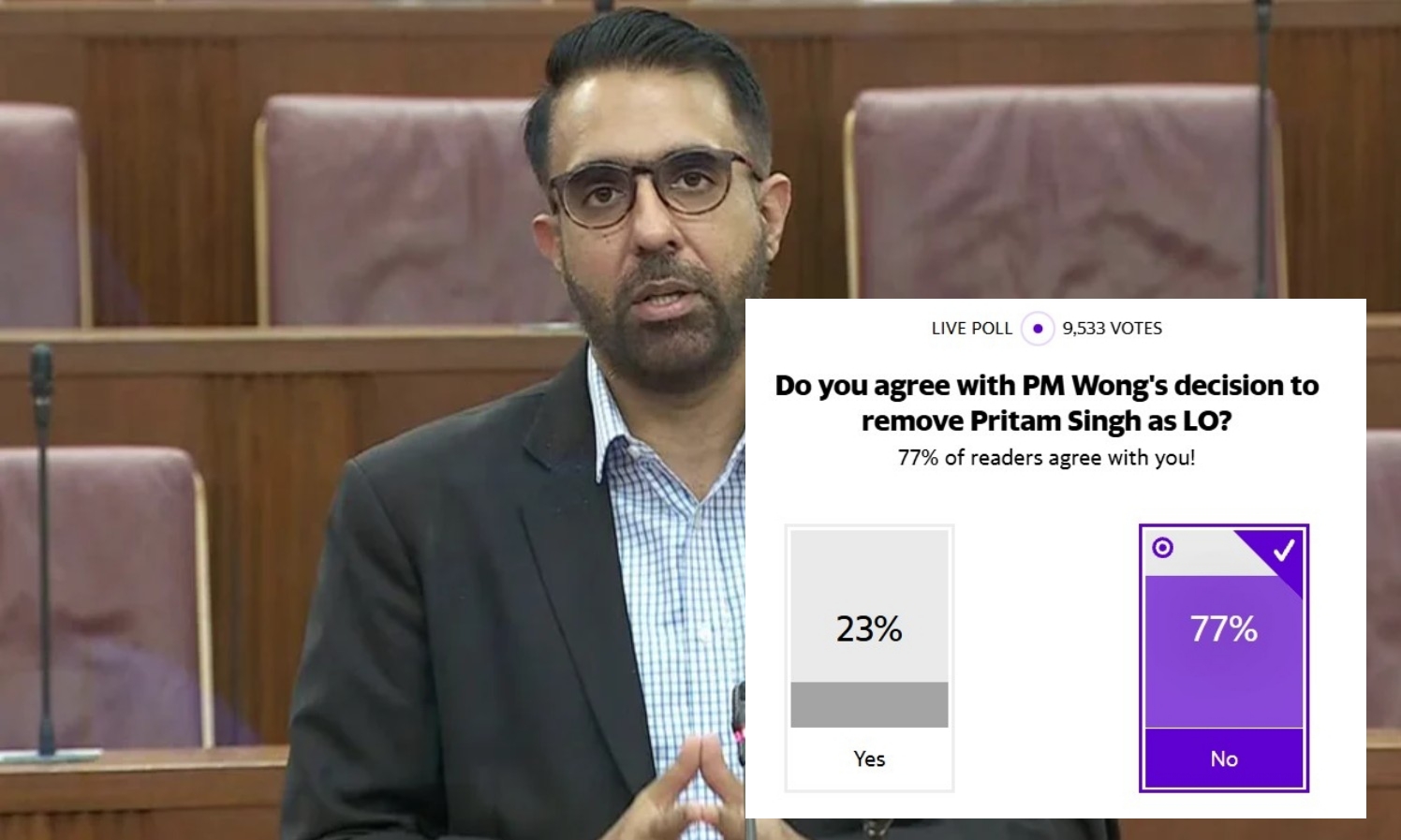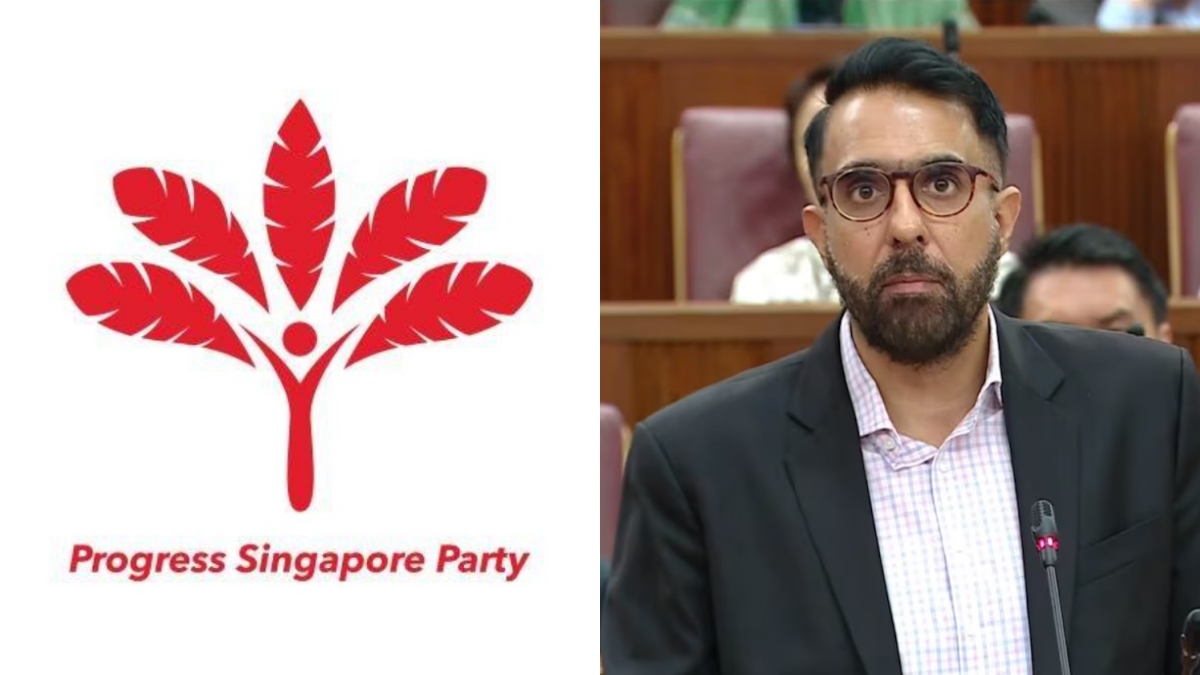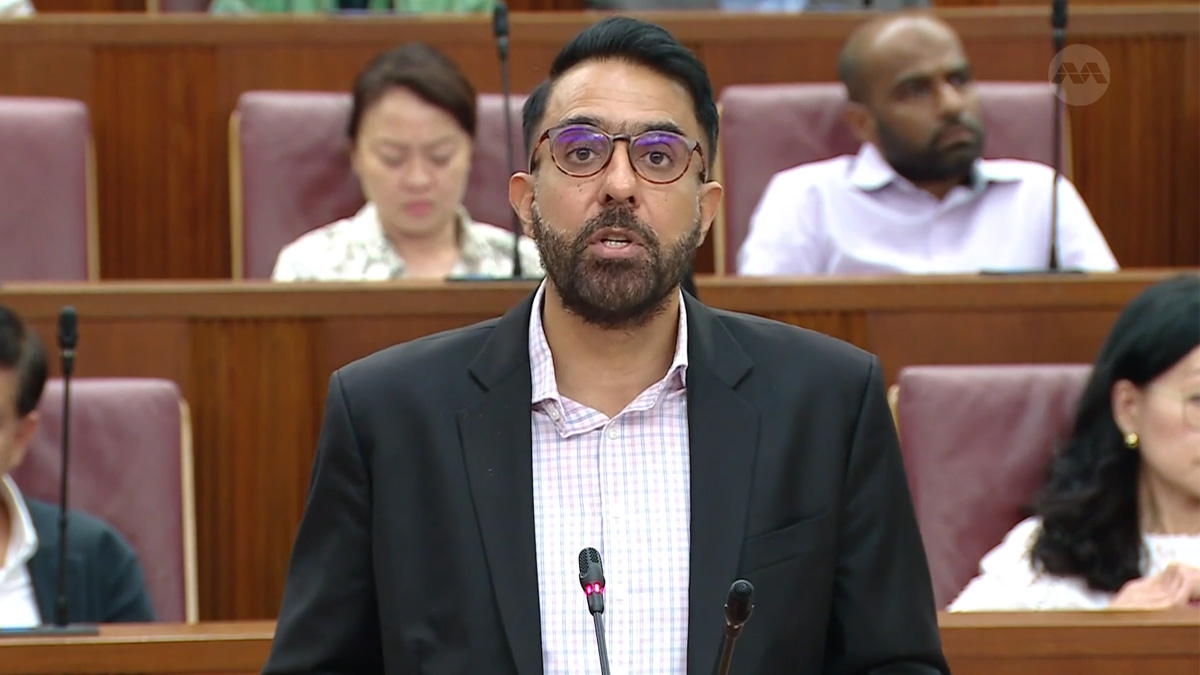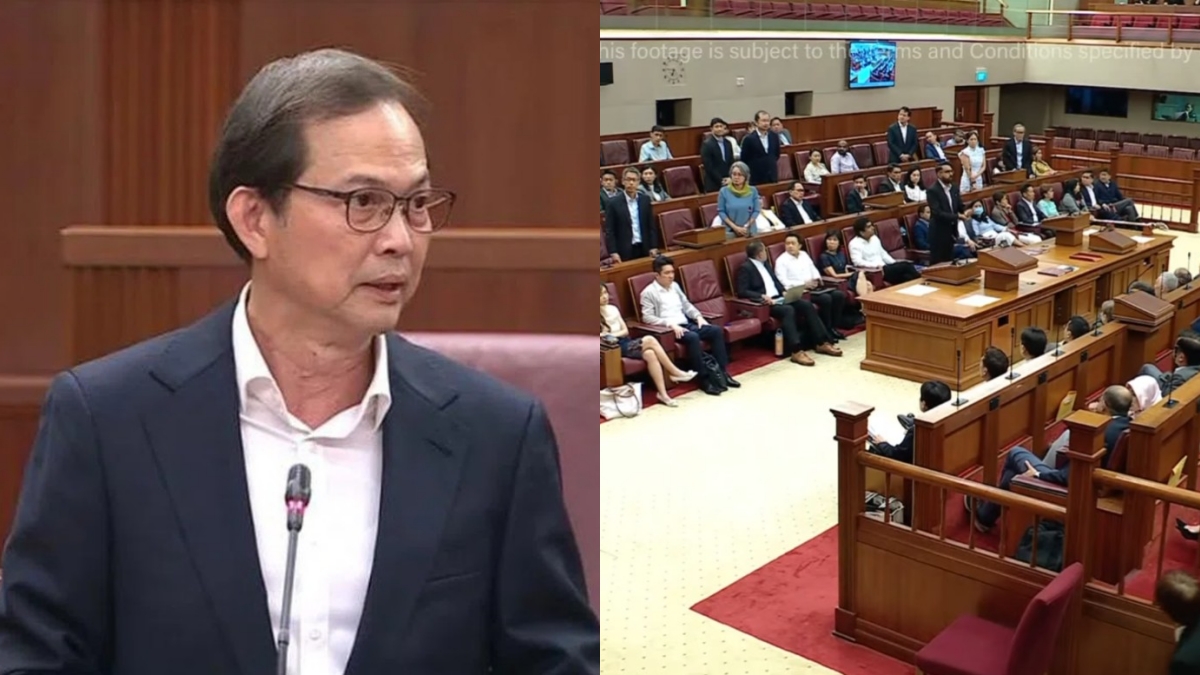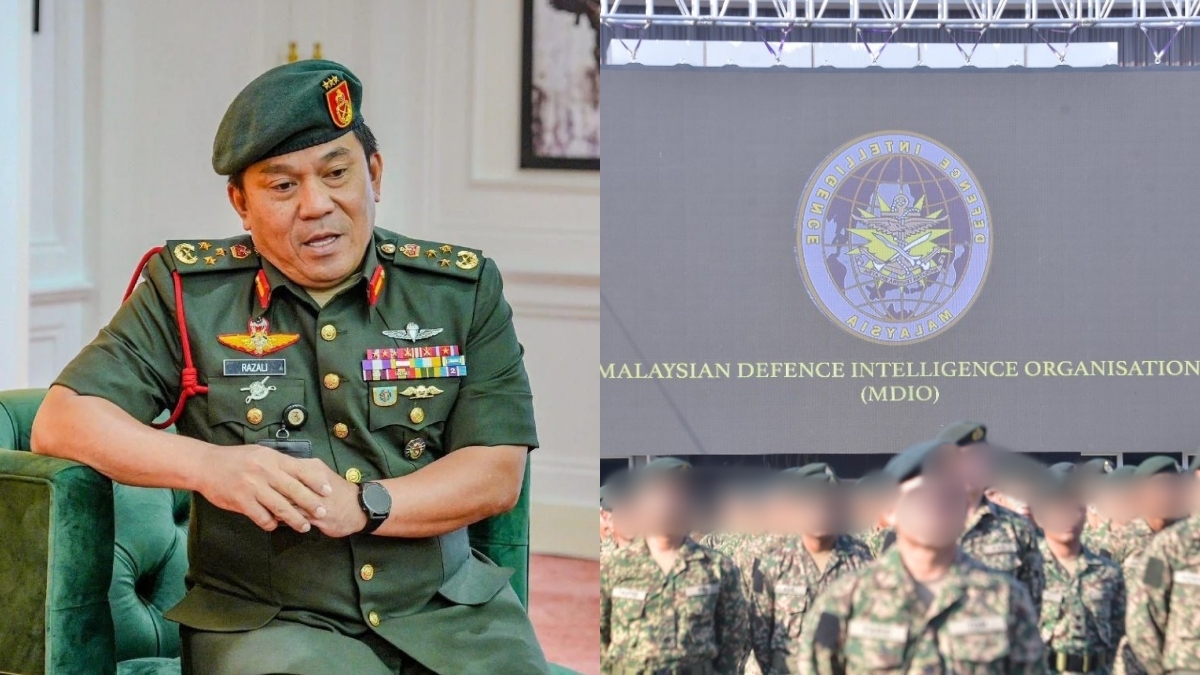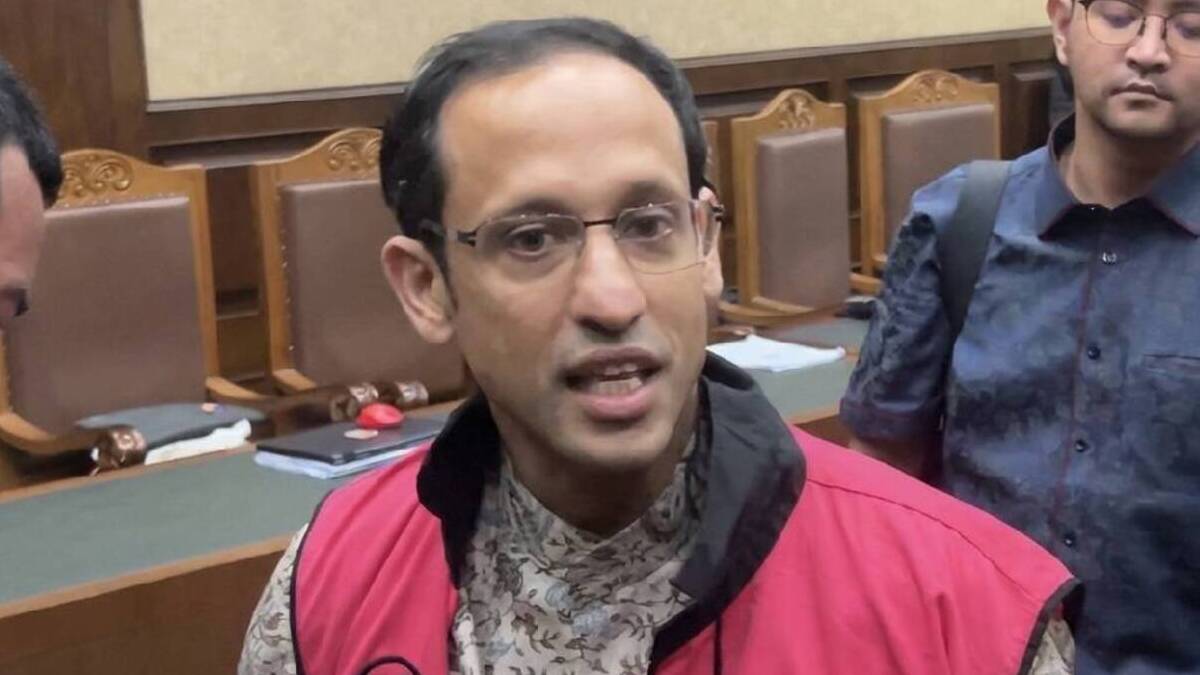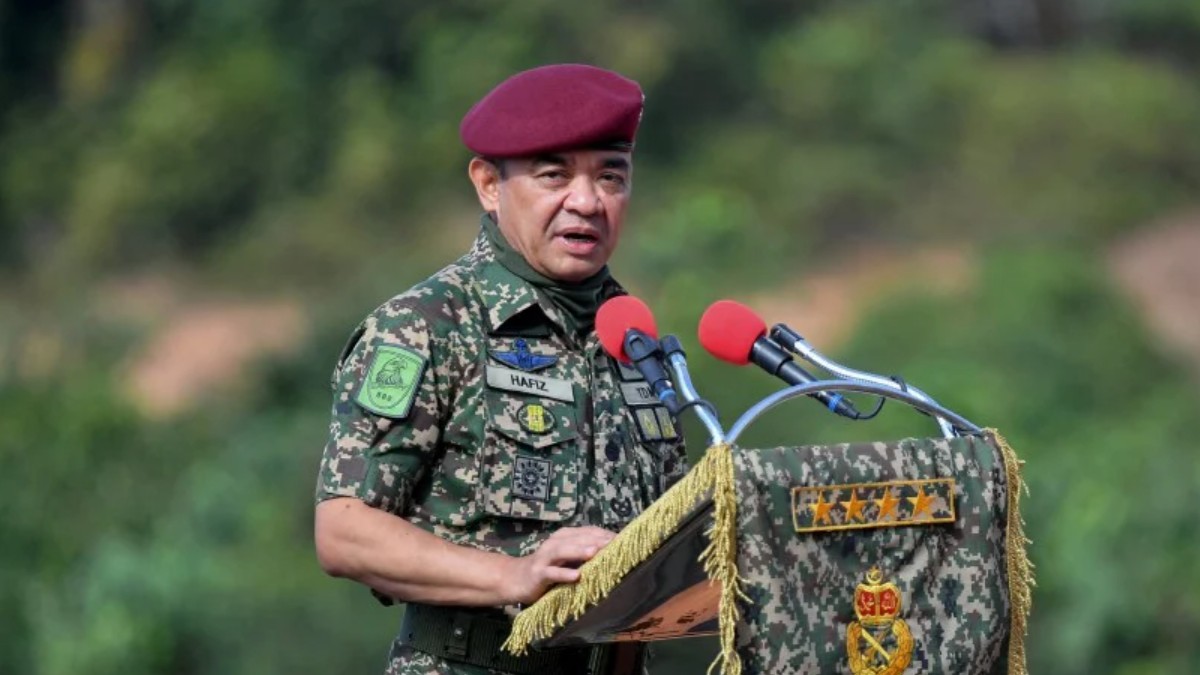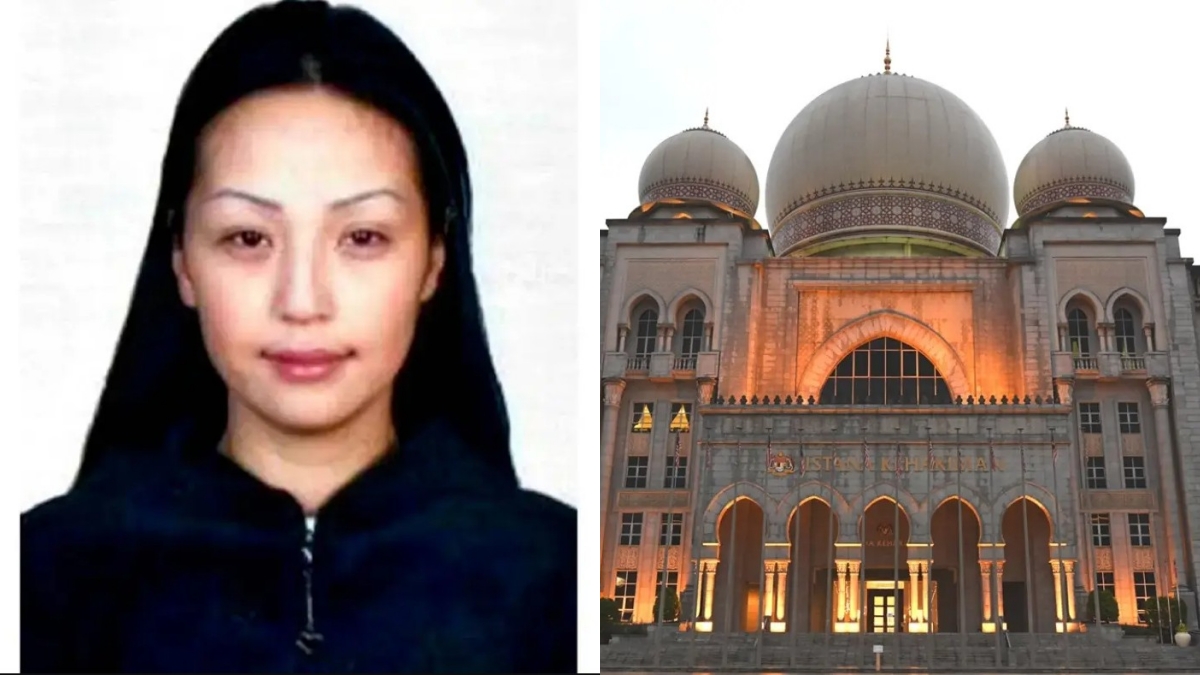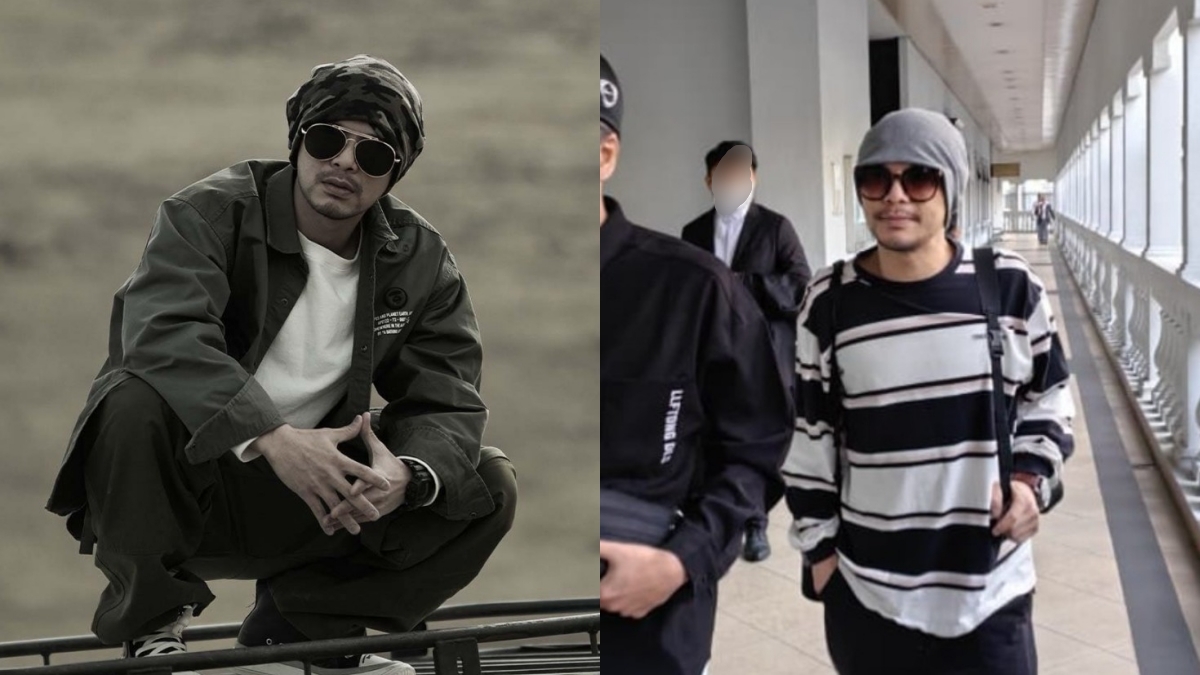Pritam Singh’s lawyer says trial judge ignored key evidence in conviction over false testimony case
Pritam Singh returned to court on 4 November 2025 to appeal his conviction and S$14,000 fine for lying to a parliamentary committee. His counsel argued that the trial judge ignored vital evidence, but Justice Steven Chong challenged key defence arguments while the prosecution highlighted inconsistencies in Singh’s account.
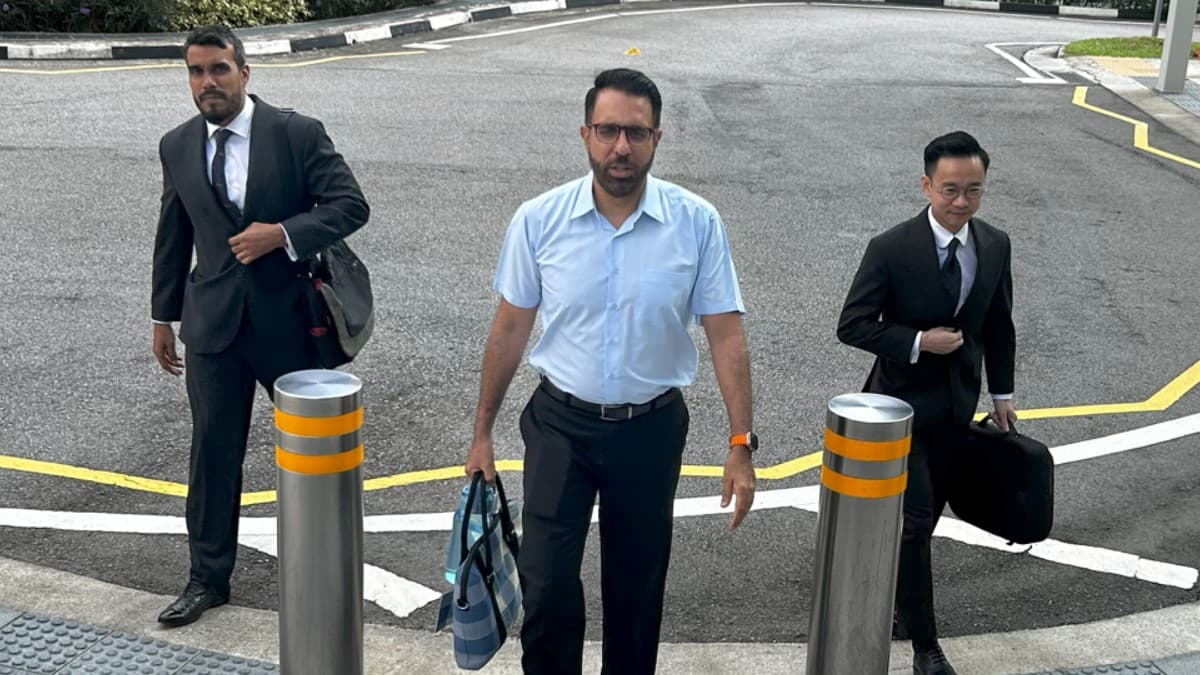
- Pritam Singh’s lawyer told the High Court that the trial judge ignored crucial evidence in convicting him of lying to a parliamentary committee.
- Justice Steven Chong questioned several of the defence’s claims, pressing for clarity on Singh’s actions and intentions.
- The prosecution countered that Singh’s conduct supported the original findings of dishonesty and inaction.
Leader of the Opposition Pritam Singh, aged 49, returned to the High Court on 4 November 2025 to appeal his conviction and sentence for lying to a parliamentary committee.
He was fined S$14,000 (approximately US$10,700) earlier for offences stemming from his handling of a lie told by then-Workers’ Party (WP) member Raeesah Khan.
Singh’s lawyer, Andre Jumabhoy, argued that the trial judge had “ignored” significant portions of evidence and misunderstood the context of Singh’s conduct between August and October 2021.
Background: The Raeesah Khan incident
The case arose from an incident on 3 August 2021 when Khan falsely told Parliament she had accompanied a rape victim to a police station where officers allegedly made insensitive remarks.
When questioned again by Law and Home Affairs Minister K Shanmugam, she repeated the false claim.
Khan later confessed in Parliament on 1 November 2021 that her anecdote was fabricated. A Committee of Privileges (COP) investigation recommended that both Singh and then-WP Member of Parliament Faisal Manap be referred to the Public Prosecutor.
Faisal received a police advisory and was not charged, but Singh faced two charges of lying to the COP — offences under the Parliament (Privileges, Immunities and Powers) Act, which carries a maximum penalty of three years’ imprisonment or a fine of up to S$7,000 per charge, or both.
Judge questions defence over key statements
At the start of the hearing, Justice Steven Chong instructed Jumabhoy to focus on two key statements that influenced the original verdict: Khan’s claim that Singh told her they had to “take the untruth to the grave”, and his remark to her, “I will not judge you”.
Jumabhoy contended that Khan’s recollections of the first phrase were inconsistent, having given three varying accounts.
However, Justice Chong observed that “the fact she did not use the same words consistently does not mean it was never said”, signalling scepticism towards this line of argument.
Eight-week gap scrutinised
Justice Chong pressed the defence to explain Singh’s lack of follow-up in the eight weeks between 8 August and 3 October 2021, after WP leaders had first discussed Khan’s falsehood.
He noted that Singh himself described the untruth as “a serious, grave matter”, yet “nothing was done in that critical period”.
The judge remarked: “If the decision was made on 8 August that ownership should be taken, one would expect steps to be taken about how and when to clarify it.”
Defence cites sensitivity and competing priorities
Jumabhoy replied that Singh was sensitive to Khan’s situation as she had previously experienced sexual assault. He said Singh allowed her space, believing that pressing her repeatedly might be inappropriate.
Justice Chong acknowledged that Singh’s sensitivity was understandable, but noted “a complete absence of any discussion” even among party leaders during that time.
The lawyer added that Singh was occupied with other pressing matters and that Khan was on medical leave due to shingles.
To this, Justice Chong responded that being busy was expected, but questioned whether Singh was “so busy that he did not deal with this pressing matter at all”.
He further observed that other WP leaders, such as Sylvia Lim and Jamus Lim Nathan, were available, and that “shingles is not life-threatening — you can still function”.
Shifting stance after meeting with Low Thia Khiang
Justice Chong drew attention to events after Singh met former WP leader Low Thia Khiang on 11 October 2021.
He noted that action was taken shortly after this meeting to prepare Khan’s clarification, suggesting that the party’s stance might have changed only then.
The judge said it would be logical to conclude that “prior to 11 October, the position was not to clarify the untruth”. Jumabhoy accepted that this interpretation would be logical.
Dispute over Singh’s intentions
The defence maintained that Singh’s intention after the 8 August meeting was for Khan to speak to her parents about her sexual assault before any public disclosure.
Justice Chong countered that when Khan eventually confessed, Singh still did not know whether she had done so. “It cuts against the case that this was a condition precedent,” he said.
Meaning of ‘I will not judge you’
A further point of contention was the phrase “I will not judge you”, which Singh said to Khan on 3 October 2021, the day before Parliament next sat.
Justice Chong commented that this expression typically implies tolerance of a person doing something wrong rather than right.
“If you don’t want to do the right thing, I will not judge you. It would be odd to say that in the context where the person is going to do the right thing,” he remarked.
He added that if Singh had indeed told Khan to “take it to the grave”, then the “I will not judge you” remark could only mean “I will not judge you if you maintain the falsehood”.
After a pause, Jumabhoy conceded that such an interpretation would be logical.
Questions over ‘your call’ remarks
Justice Chong also examined Singh’s statements during WP’s internal disciplinary proceedings in November 2021, where Singh reportedly told Khan “it was your call”.
He said this contradicted the defence claim that Singh had told Khan she “had no choice but to clarify the untruth”.
Jumabhoy argued that the notes were taken by Sylvia Lim and reflected her wording, not Singh’s.
The judge replied: “How do you expect me to intervene to say she recorded it wrongly?”
Prosecution rebuts defence narrative
After the defence concluded its arguments, Deputy Attorney-General Goh Yihan began the prosecution’s submissions.
He presented a table outlining eight instances where the trial judge found Singh’s evidence inconsistent, affecting his credibility.
Goh also countered Jumabhoy’s claim that Khan and her aides, Loh Pei Ying and Nathan, had conspired against Singh, noting that this theory had never been put to them in court.
Evidence of inaction supports original verdict
The prosecution emphasised Singh’s inactivity in the two months following the 8 August meeting.
“In September, the appellant had the time to bring Loh and Nathan on a private tour of his Parliament office,” Goh noted, arguing that Singh’s inaction occurred “because there was nothing to follow up”, consistent with Khan’s account.
He added that Singh had produced “not a single piece of documentary evidence” showing he had instructed Khan to consult her parents.
Disputed recollections of party meetings
Goh pointed to a meeting on 10 August 2021 between Singh, Loh, and Nathan, where neither aide recalled Singh directing Khan to clarify her lie.
Nathan’s impression was that WP leaders “had decided nothing was to be done”.
Justice Chong remarked that their recollection of this meeting appeared “fuzzy”, making it “unsafe to give full weight” to their testimony.
Late decision to clarify the falsehood
The prosecution further cited a meeting on 11 October 2021 between Singh, Sylvia Lim, and Low Thia Khiang.
At that meeting, Lim suggested a press conference for Khan’s clarification, but Low insisted the proper forum was Parliament.
“Singh never interjected to say this had already been decided,” said Goh, arguing that this showed the decision to come clean was made only after the meeting.
Justice Chong agreed that the evidence suggested it “could not have been contemplated” earlier.
Hearing to continue
Justice Chong adjourned the morning session after instructing the prosecution to address why the second charge was framed as stating that Singh “wanted to convey” to Khan that she should clarify her lie.
Goh responded that the phrasing was the most direct, based on the Committee of Privileges testimony, and that Singh had never claimed inadequate notice of the case he had to meet.
The hearing resumed in the afternoon with the prosecution continuing its submissions, and the High Court is expected to deliver its decision at a later date.


